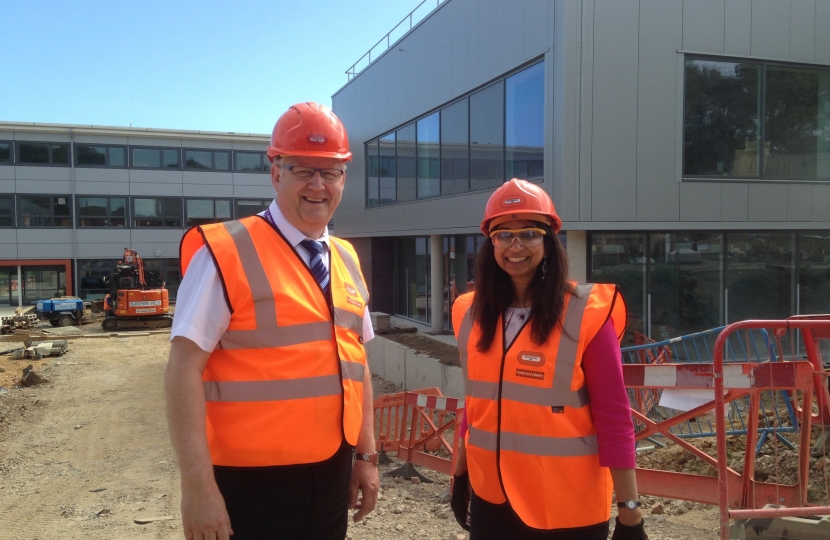
The Chancellor has set out his Budget today and I thought it would be useful to summarise the key measures and how they may help businesses in Fareham.
Business investment in Britain has greatly improved since the Great Recession, increasing by 8 per cent in 2014 meaning investment is now 10.5 per cent above the pre-crisis peak, but there is still more to do. In his Summer Budget today, the Chancellor announced a range of measures designed to help businesses in Fareham to invest and grow:
Cutting Corporation Tax from 20 to 18 per cent by 2020. This tax rate was 28 per cent in 2010 and we’ve already cut it to 20 per cent. These further cuts will save businesses across the UK more than £6.6 billion by 2021, encouraging investment in firms in Fareham and showing Britain is open for business.
Raising the Employment Allowance from £2,000 to £3,000 to reduce the burden of National Insurance Contributions still further and help local businesses take on more staff. A firm will now be able to employ 4 people full time on the new National Living Wage and pay no national insurance at all.
Setting the Annual Investment Allowance at a new permanent level of £200,000. This Allowance was set to fall to £25,000 and this will be a major boost to the incentives for long-term investment by small and medium sized firms in Britain.
A long-term solution to fix Britain’s poor roads with a new system of Vehicle Excise Duty. The new system will raise the same amount of revenue from VED in the future that we do today, but that revenue will be secure for the long-term – and from the end of the decade every penny raised in VED will be used to invest in roads.
There is more detail on these and other policies to back business online in the Budget document and in the supporting material. The Budget also contains positive forecasts for the British economy with growth set to be the strongest of any major advanced economy for a second year in a row this year.
But we know there is more to do, particularly to support businesses in Fareham to drive the recovery and create the jobs that our country needs. That’s why we will keep on taking the difficult decisions to reduce the deficit and build a stronger, more productive economy in Britain.
